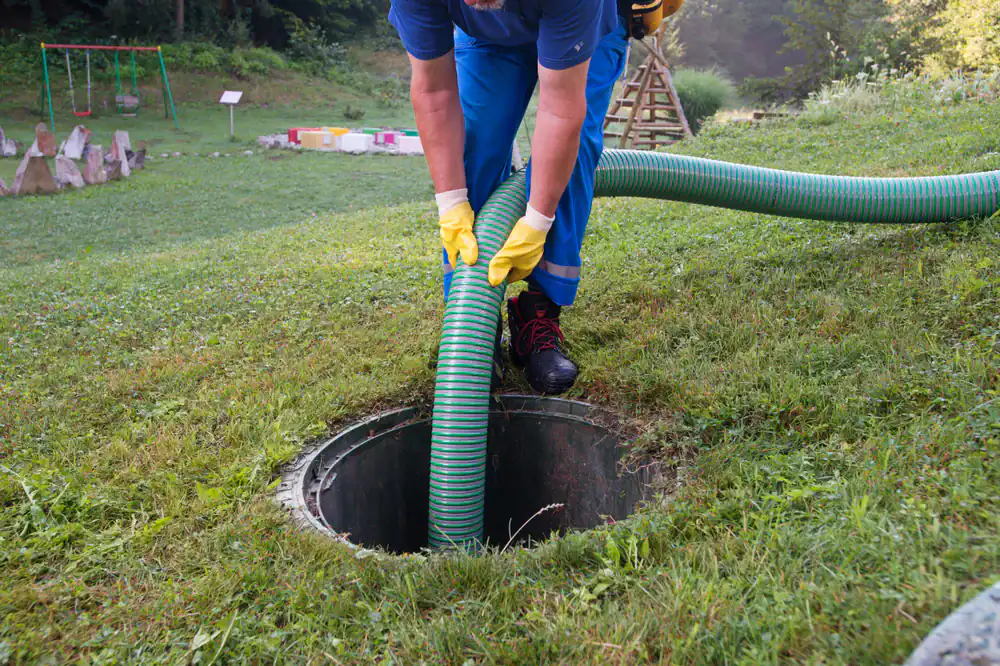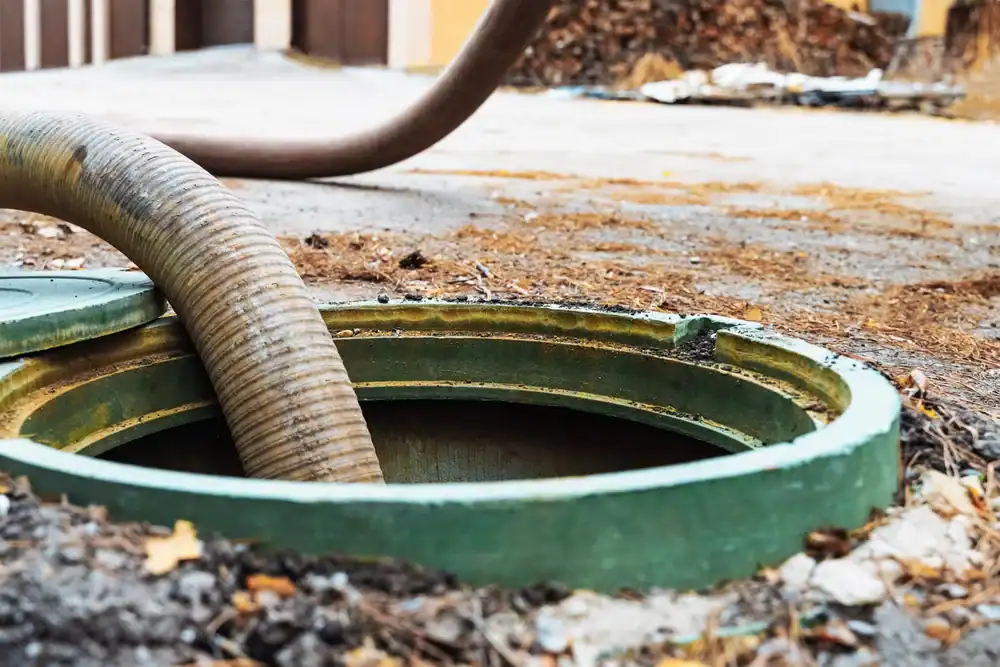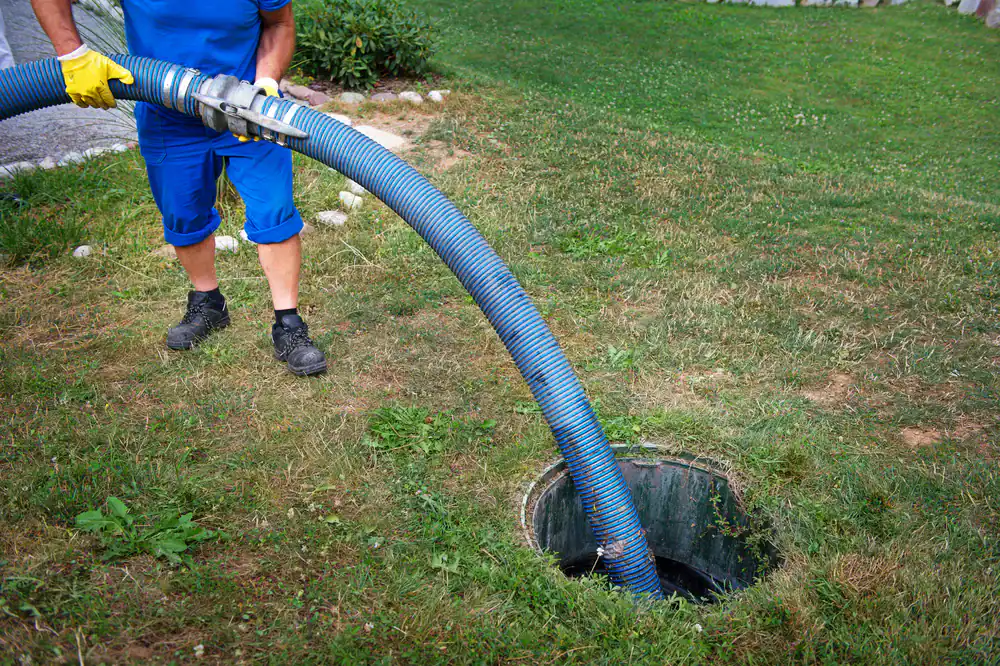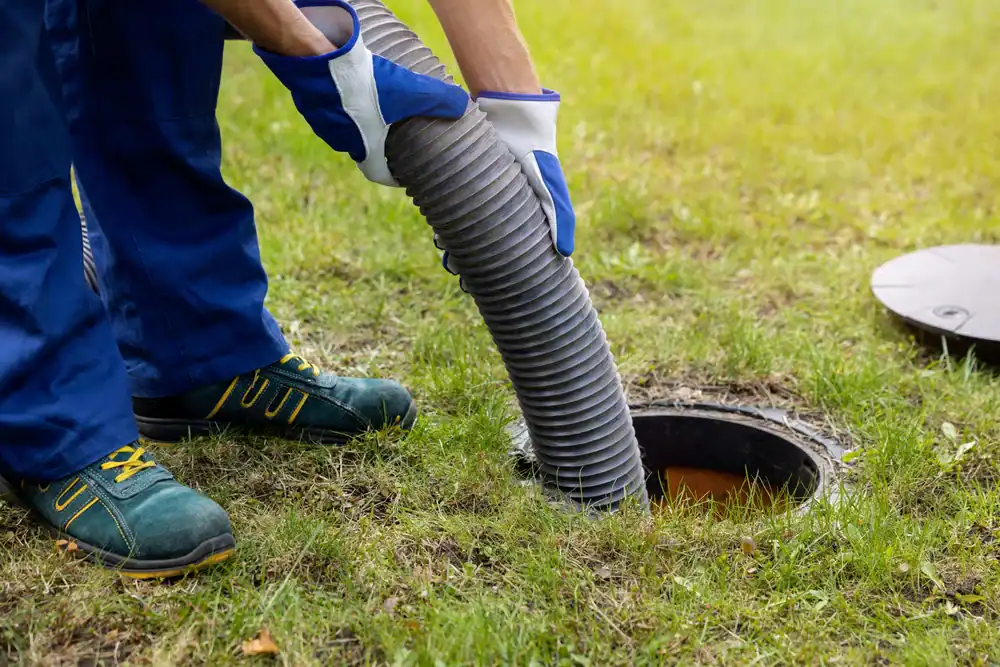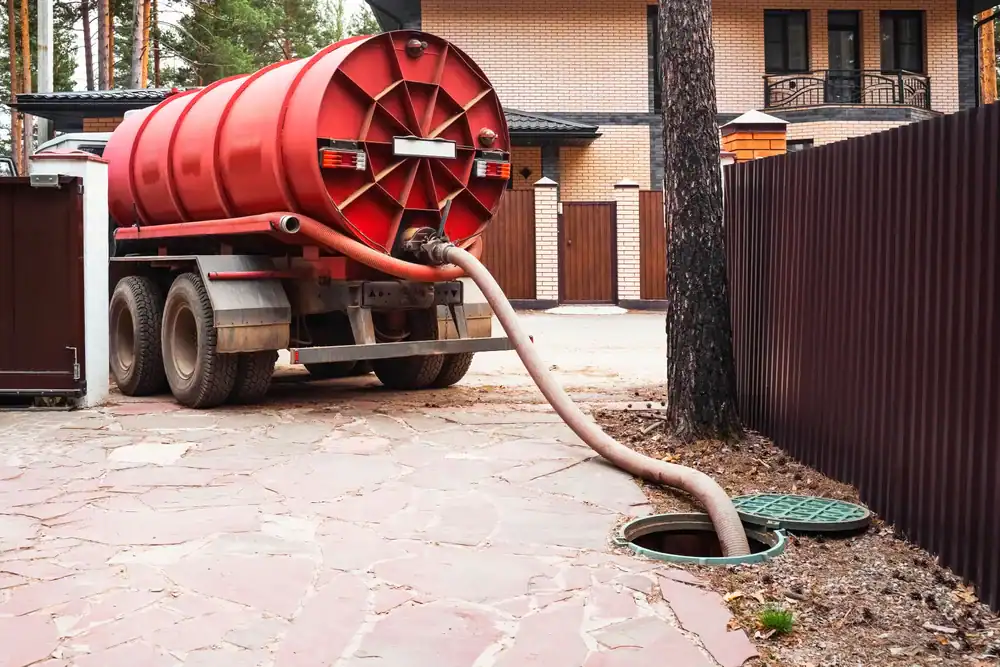Your septic tank cleaning includes complete waste removal, tank inspection, and system evaluation. We check baffles, inlet and outlet pipes, and overall tank integrity while the system is accessible.In Fernway’s clay-heavy soil conditions, proper septic maintenance is especially critical. Our team understands how local soil affects drainage and system performance, adjusting our approach accordingly.You also get honest recommendations about timing for future service. Most residential septic tanks in this area need pumping every 3-5 years, but usage patterns and household size affect this schedule. We’ll give you a realistic timeline based on your specific situation, not a generic recommendation.
